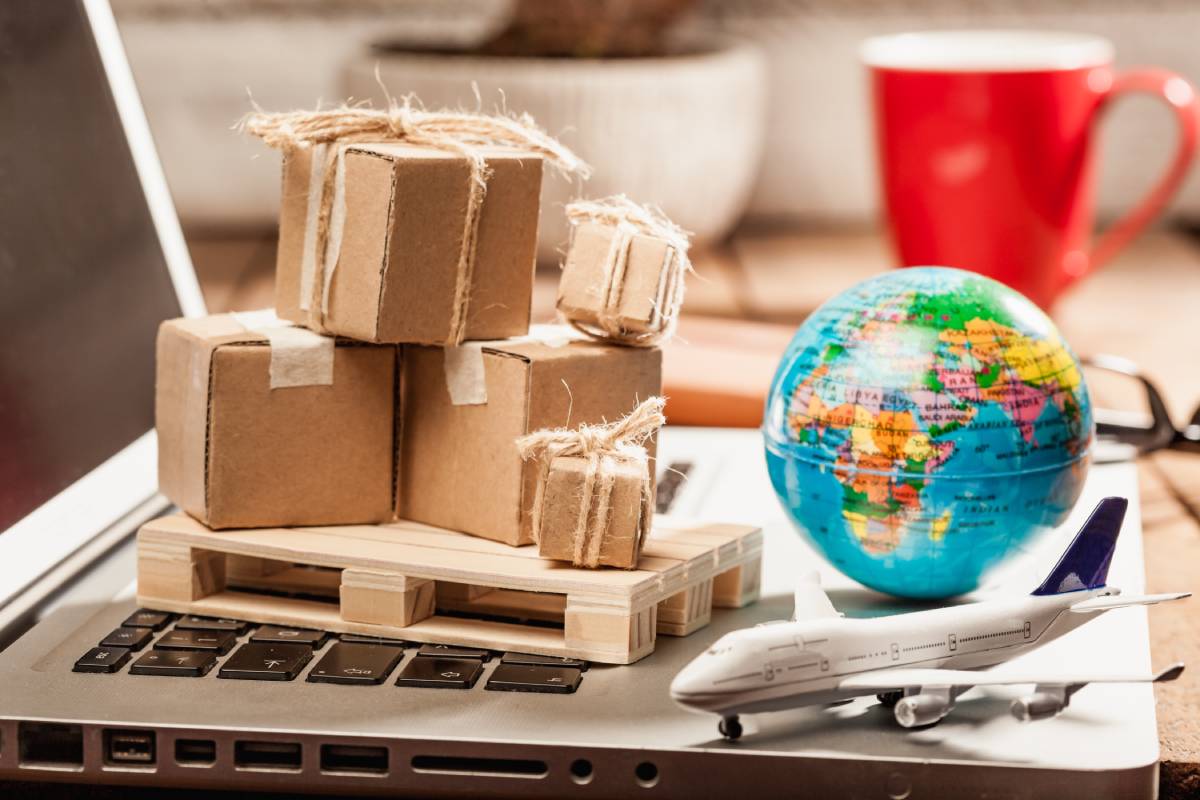Global Reach with Local Support
We recognise that international shipping can be a complex process. Let us assist you in navigating it, ensuring a seamless and enjoyable experience.

In the intricate world of maritime logistics, precision and safety are paramount. One acronym that frequently arises in discussions concerning vessel movements, particularly in challenging navigational areas, is DLOSP. Standing for "Dropping Last Outwards Sea Pilot," DLOSP signifies a critical moment in a ship's journey: the point at which the last sea pilot disembarks the vessel as it departs a port or coastal area and heads for open waters. While the concept of a pilot is universal, the specific term DLOSP is often associated with Norwegian waters due to their unique geographical challenges and stringent maritime regulations.
A sea pilot is a highly experienced mariner with expert knowledge of local waterways, currents, tides, and navigational hazards. Their role is to guide large vessels safely in and out of ports, through narrow channels, and around complex coastlines. The "outwards" aspect of DLOSP refers to the pilot's guidance during the vessel's departure, ensuring it clears all immediate dangers before the master assumes full command for the open sea voyage. The "last" pilot indicates that if multiple pilots were involved in a complex departure (e.g., through a fjord), this is the final one to leave the ship.
For freight forwarders like Ocean Cargo, understanding DLOSP is crucial for accurate voyage planning, scheduling, and ensuring the seamless flow of sea freight. It's a key milestone that impacts estimated times of arrival (ETAs) and departure (ETDs), and ultimately, the efficiency of the entire supply chain.
Norway's coastline is renowned for its breathtaking beauty, characterised by thousands of islands, deep fjords, and often unpredictable weather conditions. These geographical features, while stunning, present significant navigational challenges for even the most experienced ship masters. This is where the expertise of a Norwegian sea pilot becomes indispensable.
Norwegian pilots undergo rigorous training and possess unparalleled local knowledge. They are familiar with every rock, every current, and every potential hazard along their designated pilotage routes. Their guidance is not merely advisory; for many vessels, pilotage is compulsory in specific areas to ensure the safety of the ship, its crew, its cargo, and the pristine marine environment.
The process leading up to DLOSP involves the pilot boarding the vessel, often via a pilot boat, and then working closely with the ship's master and bridge team. They provide critical local knowledge, advise on course alterations, speed adjustments, and communicate with local vessel traffic services (VTS). Once the vessel has safely navigated the restricted waters and reached a designated pilot boarding/disembarkation area, the pilot will disembark, marking the DLOSP point. From this moment, the ship is considered to be in open waters, and the master resumes full responsibility for the voyage.
While DLOSP might seem like a technical detail primarily for ship operators, its implications ripple through the entire logistics chain. For businesses relying on sea freight services, understanding this concept is vital for several reasons:
Ocean Cargo's expertise in Norwegian logistics, including our deep understanding of local maritime practices, ensures that your cargo moves efficiently and safely through these critical stages. Whether you're shipping project cargo to Norway or standard containers, we manage every detail.
The process leading up to and including DLOSP is a carefully coordinated sequence of events:
Each step is meticulously planned and executed to ensure maximum safety and efficiency. Ocean Cargo works with trusted partners and carriers who uphold these rigorous standards, providing peace of mind for our clients shipping to and from destinations like Norway.
Navigating the complexities of international shipping, especially to regions with unique maritime regulations like Norway, requires a freight forwarder with deep expertise and a proactive approach. Ocean Cargo has over 25 years of experience in global logistics, offering comprehensive solutions that account for every detail, including critical milestones like DLOSP.
Our dedicated team understands the nuances of Norwegian pilotage requirements, port operations, and customs procedures. We provide:
From the moment your cargo leaves the UK until it reaches its final destination in Norway, Ocean Cargo is your strategic partner, simplifying the journey and ensuring your goods arrive safely and on schedule. We handle everything from heavy plant machinery to Norway to standard container loads.
No, pilotage is not compulsory in all Norwegian waters, but it is mandatory for certain vessel types and sizes, and in specific designated pilotage areas, particularly those with complex navigation or high traffic. The regulations are designed to ensure safety and protect the environment.
DLOSP is a critical point in a vessel's departure. Delays in pilotage due to weather, pilot availability, or other operational issues can directly impact the vessel's departure time, which in turn affects the overall transit time and estimated arrival at the next port. Ocean Cargo monitors these factors closely.
Pilotage fees are typically part of the overall port charges and can be included in a comprehensive freight quote, especially for door-to-door services. It's always best to clarify with your freight forwarder, like Ocean Cargo, what specific charges are encompassed in your quote to avoid surprises.
While both are highly skilled, a sea pilot typically guides vessels through coastal waters, fjords, and approaches to ports, often covering longer distances. A port pilot, on the other hand, specialises in manoeuvring vessels within the confines of a specific port, including docking and undocking operations. DLOSP specifically refers to the disembarkation of the sea pilot as the vessel leaves the coastal pilotage area.
We recognise that international shipping can be a complex process. Let us assist you in navigating it, ensuring a seamless and enjoyable experience.
